
The SPRONG group Human Capital Innovation for the Benefit of Society is a national collaboration between Hanze University of Applied Sciences, Fontys, Saxion, Windesheim, HAN University of Applied Sciences, and numerous consortium partners from the professional field. SPRONG stands for 'stimulating practice-based research groups' and supports universities of applied sciences in further developing and strengthening research collaboration.
About Human Capital Innovation for the Benefit of Society
Societal transitions require powerful research groups that conduct high-quality research and are capable of establishing long-term, strategic partnerships with relevant partners. In 'Human Capital Innovation for the Benefit of Society' five research groups from five universities of applied sciences collaborate with their professional field partners on practice-based research to strengthen societal earning capacity and responsiveness through human capital innovation at three levels: individuals, companies and regions.
The need for human capital innovation is significant due to three core issues. First, labour shortages threaten long-term economic growth due to a shrinking workforce and insufficient productivity growth. Second, there is a shifting labour demand resulting from various transitions (such as those in energy, digitalisation, and healthcare). Finally, there is an increasing gap between future labour demand and the knowledge and skills of the current workforce.
The programme aims to generate and exchange information and knowledge about labour market innovation. It provides a gateway for transferring this knowledge to regional and national partners. This includes topics such as clearly formulating training needs, developing solutions in the field of lifelong learning, and stimulating a learning culture within organisations.
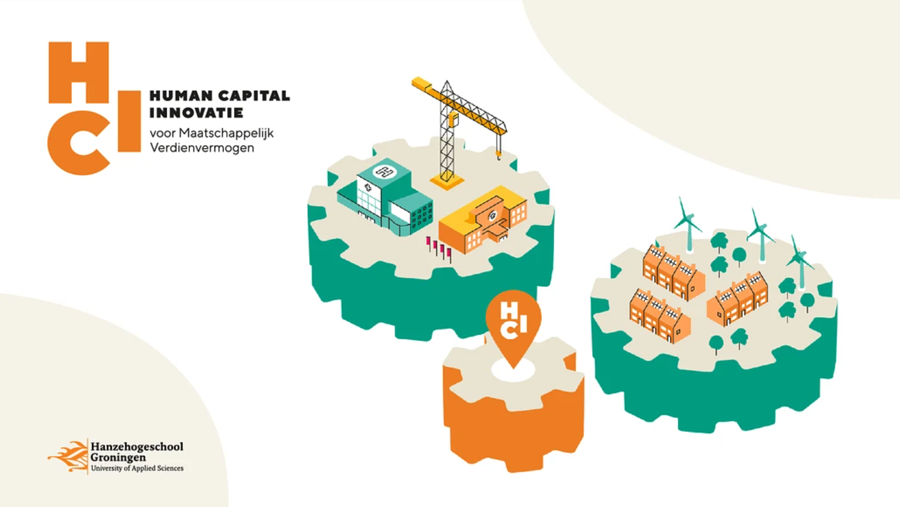
This animation briefly explains the SPRONG Human Capital Innovation for the Benefit of Society programme.
Contact
-

Dr. Arjen Edzes
Lector Regionale Arbeidsmarkt in het lectoraat Arbeidsmarkttransities
-

Dr. Harm van Lieshout
Lector Human Capital
Partners
-

-

-

-
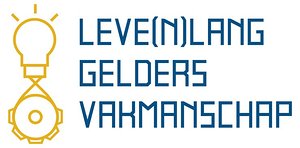
-
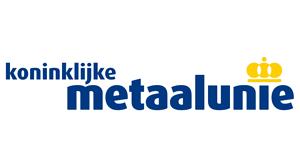
-

-
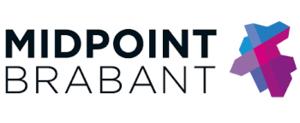
-

-
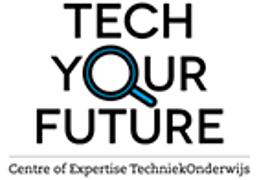
-

-
![image001[78].jpg](https://image.focuspoints.io/image00178.jpg?_jwt=eyJhbGciOiJIUzUxMiIsInR5cCI6IkpXVCJ9.eyJ1cmwiOiJodHRwczovL3d3dy5oYW56ZS5ubC9iaW5hcmllcy9jb250ZW50L2dhbGxlcnkvaGFuemUvb25kZXJ6b2VrZW4va2VubmlzY2VudHJhLWVuLWNlbnRyZXMtb2YtZXhwZXJ0aXNlL2tlbm5pc2NlbnRydW0tbm9vcmRlcnJ1aW10ZS9pbWFnZTAwMTc4LmpwZyIsIndpZHRoIjozMDAsImhlaWdodCI6MTgwLCJpc3MiOiJmMjFlY2Y3OGM4NDM0ZDVkYjQxZjVkOGEzYWQwZjZkYSIsImFjdGlvbiI6InJlc2l6ZSJ9.U9flCrH_qfLgaa6-5cIzn213IIAMUU2X3IkpYULOFwOLRiZtA2lkR1V94-pO1sS076MaRFUvpIH_CiRbl8hjNA)
-

-

-
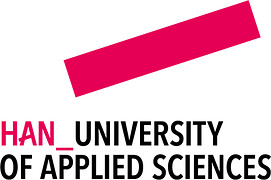
-
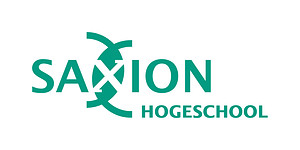
-

-
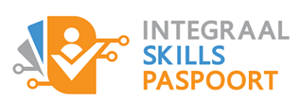
-
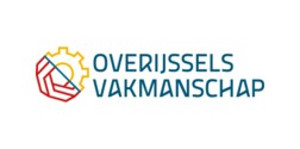
-

-
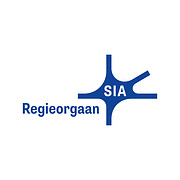
-

-
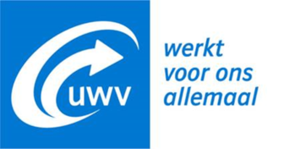
-

-
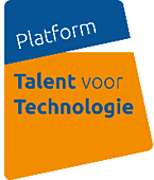
-

Feedback component
How satisfied are you with the information on this page?



